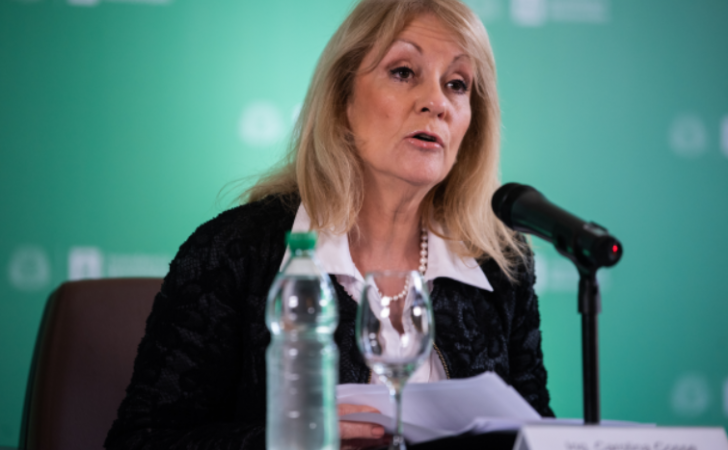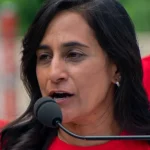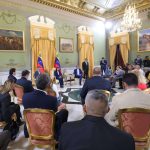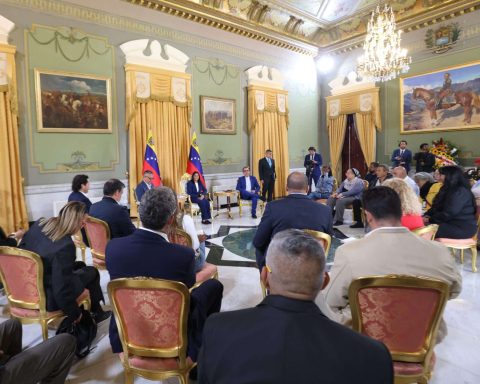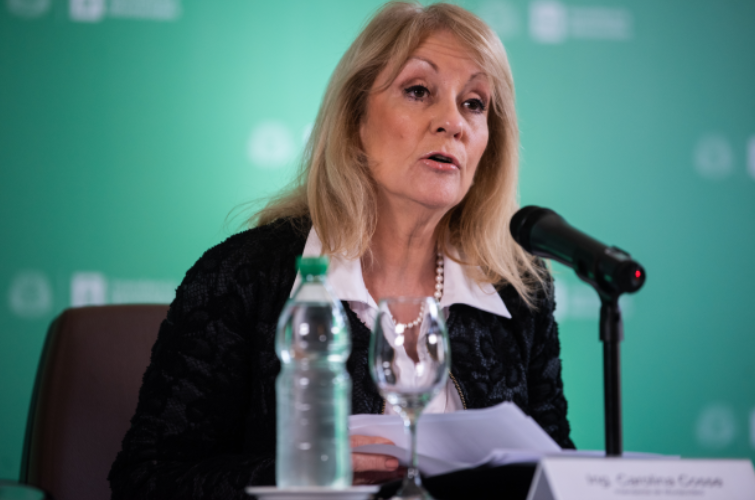
The mayor of Montevideo, Caroline Cossehighlighted the “respectful relationship” he has with the President of the Republic, Luis Lacalle Poualthough he expressed his disagreement with the way in which Uruguay is currently being governed, especially regarding the management of the drought that affects the country.
During an interview on the Argentine channel La Nación +, Cosse was asked about his relationship with Lacalle, to which he replied: “We get along well despite our differences of opinion and governing differently. We maintain a respectful relationship.”
Later, they mentioned to her that the Uruguayan president is admired in Argentina, to which she stated that this is due to his ability as a communicator, his sympathy and his ability to make people laugh.
However, despite these statements, Cosse expressed: “I do not agree with the way in which Uruguay is being governed at the moment”she stated, and criticized the withdrawal of the State from society that, according to her, the current government is carrying out.
The government’s reaction to the drought
Cosse also questioned the government’s management of the drought, pointing out the lack of information in this regard. As an example, he mentioned the action taken by the Municipality of Montevideo in the face of the drought, providing water drums to different organizations. “The Municipality of Montevideo was the first to take action,” he said.
The mayor also criticized the lack of information on the drought and the water supply in the metropolitan area. “The water is not suitable for consumption, our fresh water reserves are running out and we need information,” she said.
“The number one rule in times of crisis is to share information. Not having data is the worst thing that can happen during a crisis,” said Cosse, who mentioned that the Municipality of Montevideo is providing updated information by analyzing the city’s water samples.
In addition to managing water scarcity, the mayor also pointed out the lack of a strategic direction for the country and the uncertainty surrounding the future of the productive matrix. On the other hand, she criticized the reform of the social security system, arguing that it should not have been carried out without taking into account the employment future of Uruguayans in the coming years.
Finally, Cosse criticized the educational reform, describing it as “impracticable” and ensuring that it makes no sense to have carried it out without consulting teachers.
